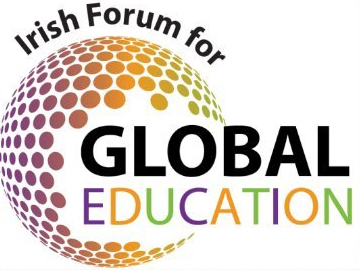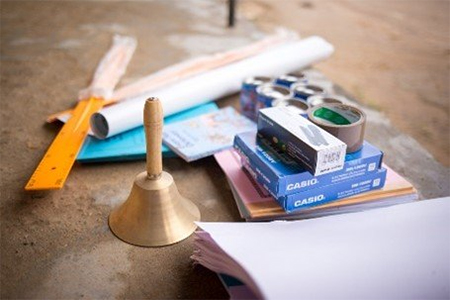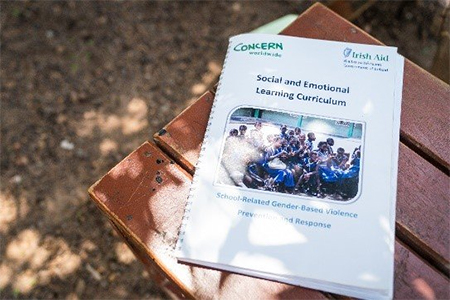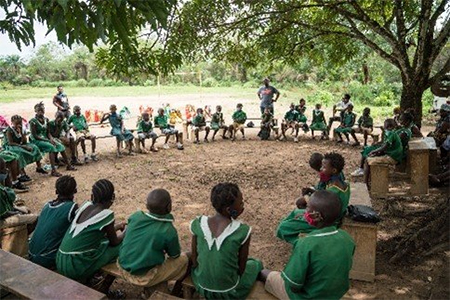The Forum is aligned to the Global Campaign for Education – the global civil society movement to promote and defend education as a basic human right and a common good.
The Irish Forum for Global Education (IFGE) is a voluntary network of civil society actors, NGOs, and other trade unions, education providers, professional associations, academics and individuals committed to promoting Sustainable Development Goal 4 to ensure inclusive and equitable quality education and promote lifelong learning opportunities for all.
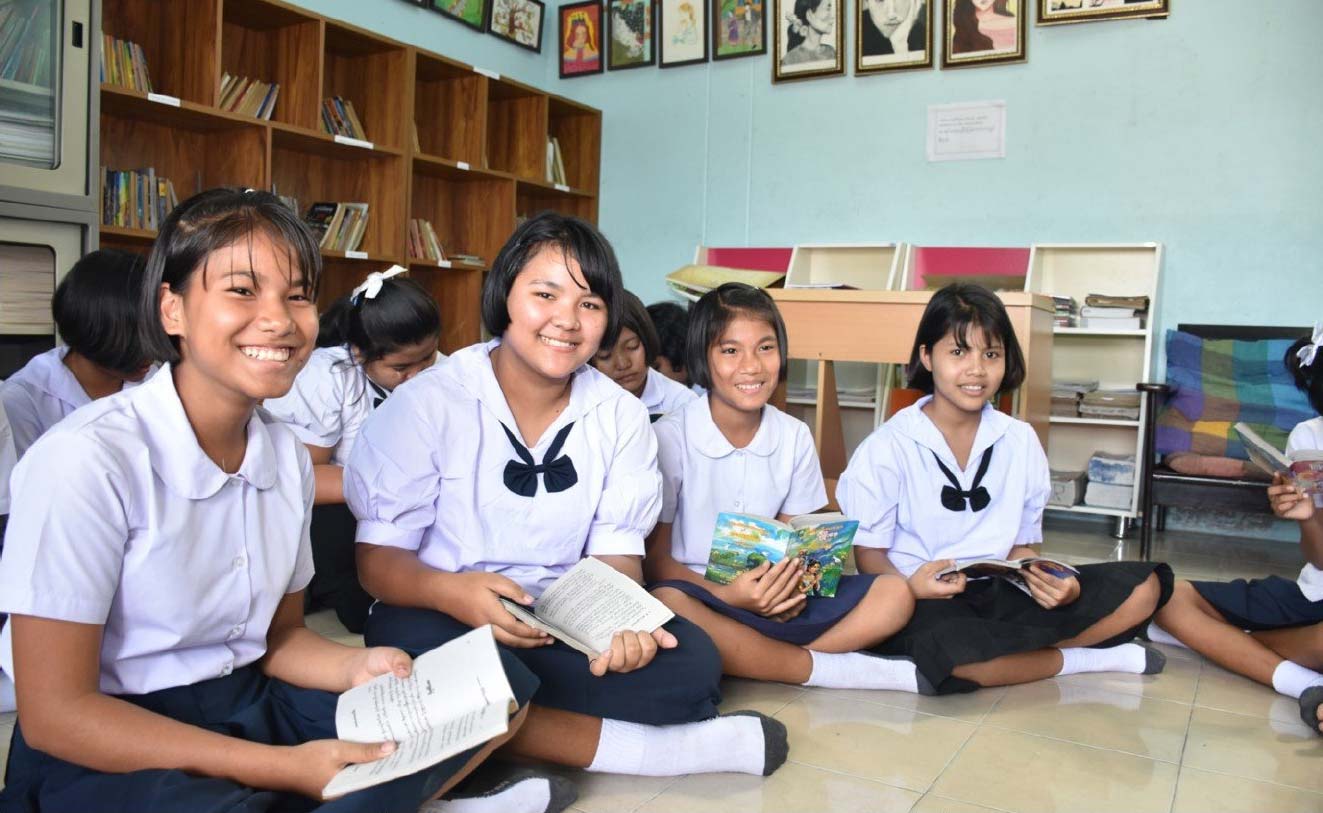
The Burmese Migrant Secondary Programme (BMSP) in Ranong, co-funded by Irish Aid through Misean Cara. Photo Credit: Marist Asia Foundation
Our Vision
The vision of the Forum is to promote Ireland’s contribution to the SDG 4 Education 2030 Agenda and to achieve inclusive, equitable and quality education and lifelong learning for all and the realisation of the wider global agenda for education - Education 2030 Agenda.
Our Mission
The mission of the Forum is to ensure that Ireland’s contribution to education in development and emergency and the wider SDG 4 Education 2030 Agenda is significant, efficient, effective, and operates within a shared ethical and human rights framework.
Our Strategy
Strategic priority 1: Promote and influence policy on education in development and in emergencies and on SDG 4 at national, regional and international level
Strategic priority 2: Advance knowledge of, and effective responses to, the global education crisis at national, regional and international level.
Strategic priority 3: Strengthen the Forum’s capacity to have a sustainable impact and deliver on its mission
Context of our work
Education is a fundamental human right and is the basis for progress in every society. It is the catalyst for the achievement of all the Sustainable Development Goals.
A quality basic education is the necessary foundation for learning throughout a persons’ life in a complex and rapidly changing world. This imperative for education is universal. Yet we are facing a global education crisis wherein millions of children do not have access to trained teachers, are excluded because of disability, gender, poverty and ethnicity. Millions more have their education disrupted as a result of war, conflict, forced migration and state instability and climate change.
The COVID-19 crisis has profoundly affected education systems across the world. School closures in over 190 countries have laid bare inequalities in education, deficiencies in remote learning, discrimination against girls, a resurgence of child labour, as well as the important role schools play in students’ health, wellbeing and physical safety. Governments around the world need to reassess their education policies to ensure that no one gets left behind or left out.
Education has been a foundational pillar of Ireland’s development and humanitarian aid. Irish aid policy affirms the transformative role of education at individual and collective level. ‘A Better World’ – Ireland’s policy for international development – underlines that education is a key source of Ireland’s ‘soft power’ internationally. As noted in Irish Aid’s 2018 Annual Report, education is central to people’s perceptions of Ireland’s contribution to development and remains a source of pride and inspiration to the Irish people. Irish development aid to education will amount to over €250 million by 2024, underlining the centrality of education to our overall aid policy.
The Forum is a member of the Global Campaign for Education, the global civil society movement working to end the education crisis. It supports the Campaign’s core commitment to ensuring that governments deliver the right of everyone to a free, quality public education. The Forum promotes the work of the Campaign across its six strategic areas:
- quality education with rights and social justice at its core
- equity, non-discrimination and inclusion in education and through education
- strong, public systems, leadership and governance in the education sector
- financing for public education
- transparency, accountability and the role of civil society in the education sector
- education in contexts of conflict, disaster or systemic shock
